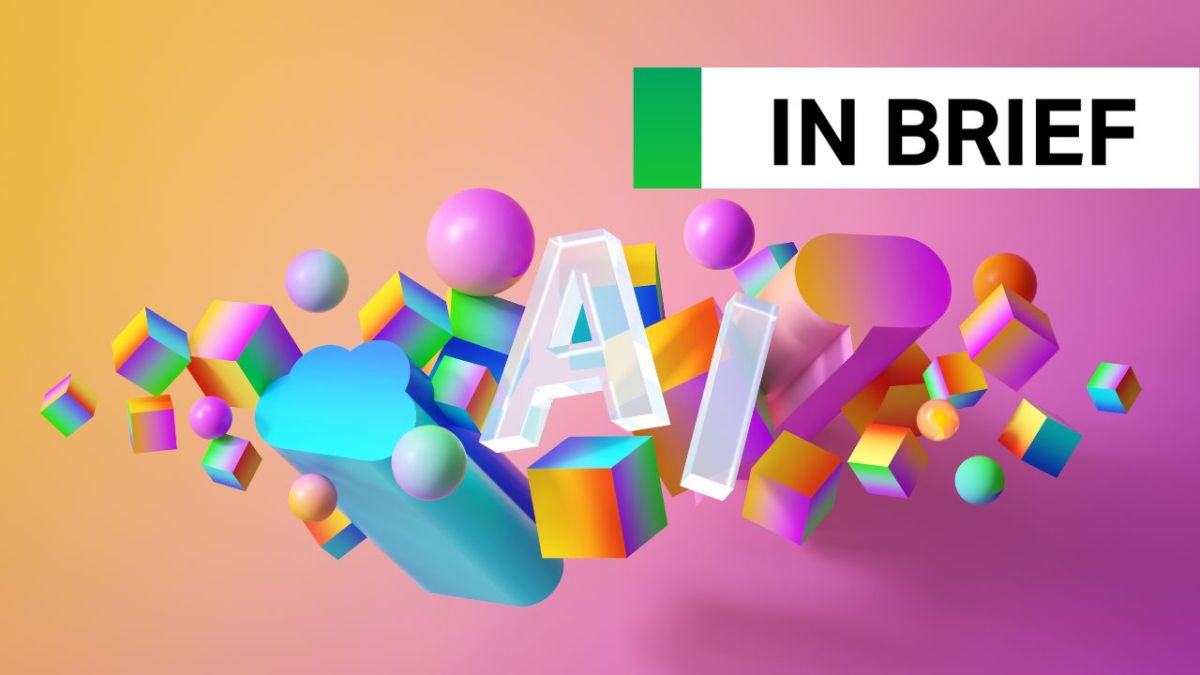No matter who powerful generative AI becomes, writer Ted Chiang says it will never create true art. Chiang is one of the most admired science fiction authors writing today, best known for the novella “Story Of Your Life” (which was adapted into the movie “Arrival”). But he’s also published terrific pieces for The New Yorker […]
© 2024 TechCrunch. All rights reserved. For personal use only.
No matter who powerful generative AI becomes, writer Ted Chiang says it will never create true art.
Chiang is one of the most admired science fiction authors writing today, best known for the novella “Story Of Your Life” (which was adapted into the movie “Arrival”). But he’s also published terrific pieces for The New Yorker looking at the dangers and shortcomings of AI.
You should really read his latest article in its entirety, but briefly: Chiang argues that the potential of large language models remains “largely theoretical” — thus far, generative AI has been most successful at “lowering our expectations, both of the things we read and of ourselves when we write anything for others to read. It is a fundamentally dehumanizing technology because it treats us as less than what we are: creators and apprehenders of meaning.”
Even as LLMs improve, Chiang argues that their output will never be art — which he acknowledges is “notoriously hard to define,” but he tries anyway: “Art is something that results from making a lot of choices.” Sure, those choices might not result in a particularly good novel or painting or film, but you’re still “engaged in an act of communication between you and your audience.”
“We are all products of what has come before us, but it’s by living our lives in interaction with others that we bring meaning into the world,” Chiang concludes. “That is something that an auto-complete algorithm can never do, and don’t let anyone tell you otherwise.”

Leave a Reply